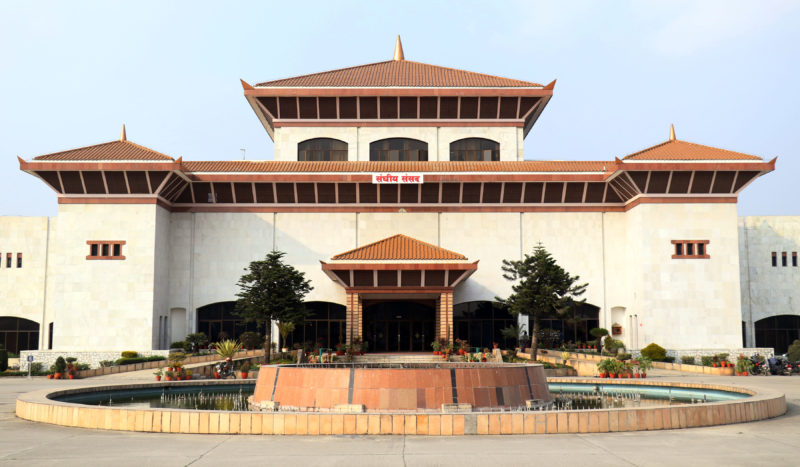‘Don’t provide sharebroker licence to banks for now’
Kathmandu, August 17
The Finance Committee under the Federal Parliament has directed the government not to provide sharebroker licence to commercial banks for the time being until a sub-panel formed to study the issue has submitted its report.
Earlier, the government had directed the Securities Board of Nepal (SEBON) to start the process to provide sharebroker licence to commercial banks. After receiving the direction from SEBON, the Nepal Stock Exchange (Nepse) and CDS and Clearing Ltd (CDSC) had started homework for the purpose.
The House panel said that the government had decided to give permission to the concerned authority to open the broker licence for commercial banks without proper study and preparations.
Prior to this, the committee had formed a four-member sub-panel led by lawmaker Ram Kumari Jhakri of Nepal Communist Party (NCP) for further study.
Krishna Dahal, chairperson of the Finance Committee, said that the sub-panel will study the details of the matter and submit a report to the full committee by October 16. “We will decide on whether to allow SEBON to provide sharebroker licence to commercial banks only after we have received the report and studied it thoroughly,”
he added.
On July 15, SEBON had directed Nepse to provide sharebroker licence to the banks’ subsidiary companies as per the recommendation made by a team of experts formed by the Ministry of Finance last year. With this direction, seven commercial banks — Sanima Bank, NIC Asia Bank, Prabhu Bank, Machhapuchchhre Bank, Mega Bank, Citizens Bank International and Global IME Bank — have opened their subsidiary companies to establish broker firms.
In December last year, a team of experts led by Nepal Rastra Bank’s Deputy Governor Shiva Raj Shrestha had suggested that banks should be allowed to establish subsidiary brokerage firms.
As per the direction of SEBON, before issuing the sharebroker licence, Nepse needs to determine the number of subsidiary companies of commercial banks, minimum capital of such firms, necessary human resources, physical infrastructure, and their number of branches across the country, among others.






